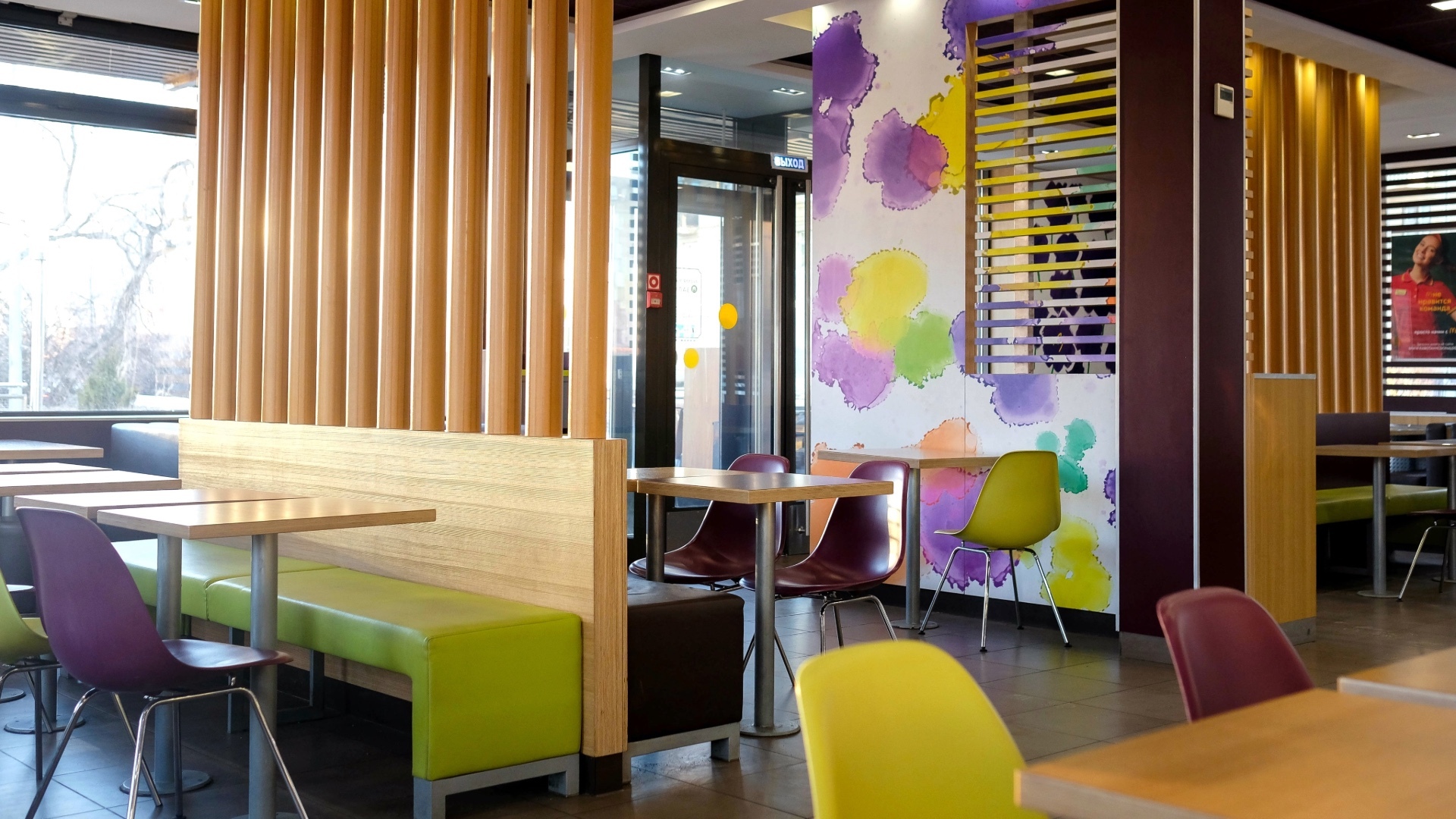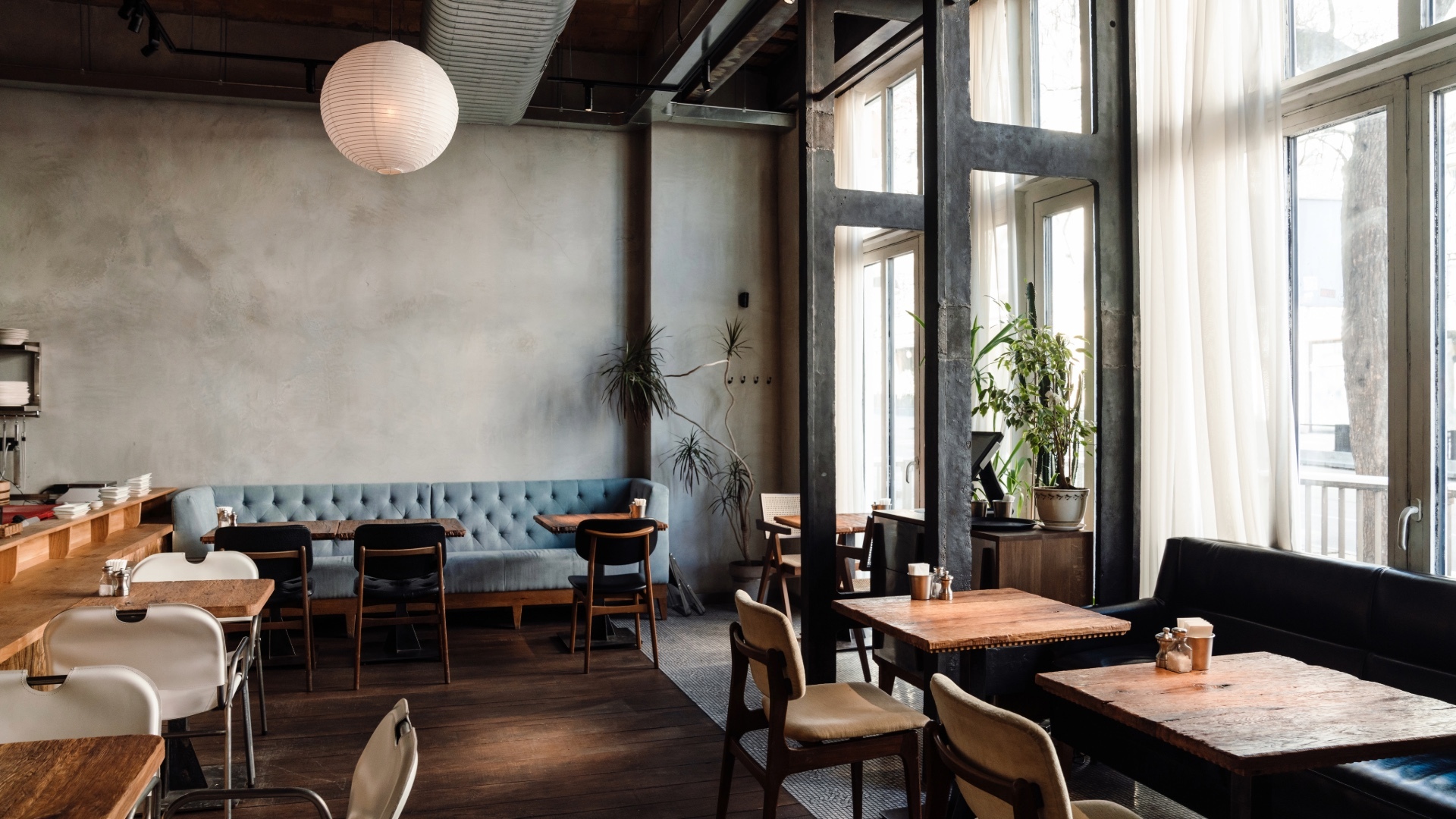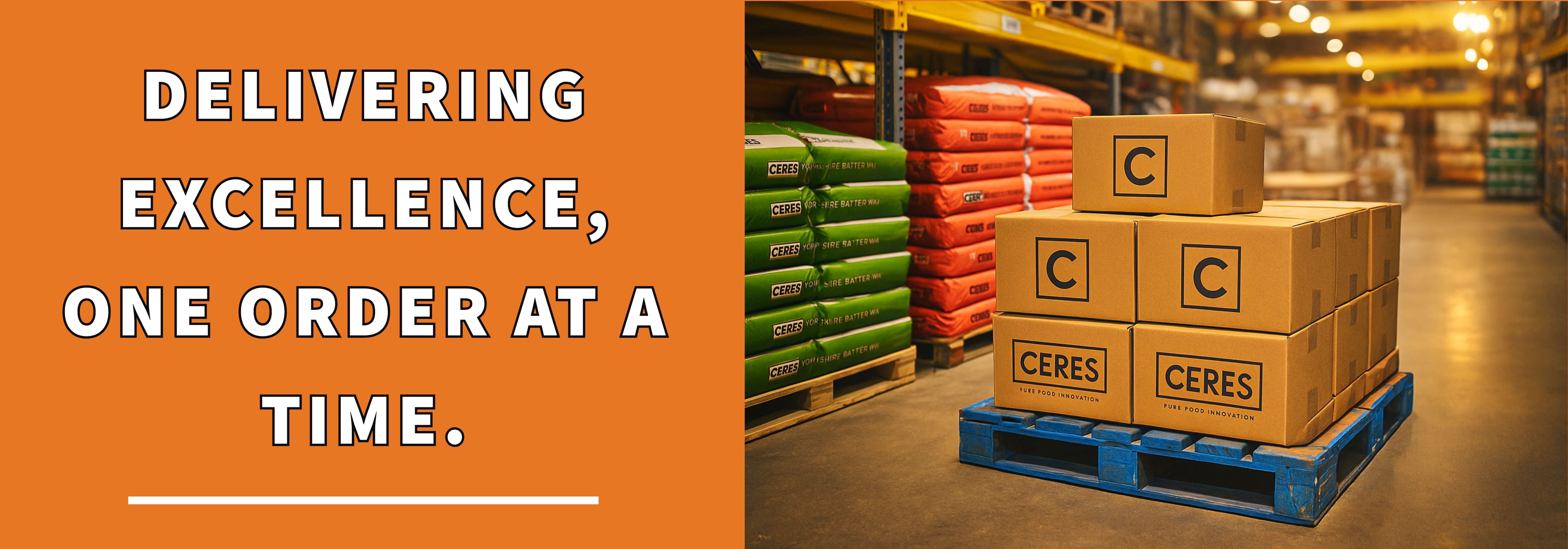It’s Not Loyalty — It’s Habit: Why Customers Keep Coming Back
Posted by Stelios on 16th Oct 2025 Reading Time:
For a long while, a good friend and I have been chatting about customer loyalty — and how people perceive it, especially when it comes to the big brands. You know, the golden arches kind.
Many independent operators obsess over loyalty. They take it personally when a customer doesn’t show up one week, assuming it’s some form of betrayal. I get it — when you pour your life into your business, you feel every sale. But the truth is, what we often mistake for loyalty might actually just be habit.
Take Saturdays, for example. After my youngest finishes his martial arts class, we usually swing by McDonald’s for a treat — it’s become our little ritual. Then, during the week when my older lad’s at his session, I’ll head to the pub next door, grab a coffee, and get a bit of work done. Two completely different routines, but both built around the same thing: habit. It’s not that I’m especially loyal to McDonald’s or that pub — I’m loyal to the rhythm of my life. These small, predictable moments fit neatly into my week, require no thought, and deliver exactly what I expect every single time.
That’s not loyalty — that’s habit.
Why Habits Beat Loyalty Every Time
When I started digging deeper into this, I found that the experts are all saying the same thing: loyalty isn’t what keeps people coming back — habits do.
Behavioural scientists like Ashok Sethi and Collette Eccleston explain that habits form when behaviour becomes automatic. It starts with a cue — the martial arts class ending — followed by a routine — grabbing a coffee — and a reward — a quiet moment before the chaos continues.
That simple loop is what most businesses miss. We think we’re building loyalty with great service and a smile, but customers are often just responding to cues in their own lives. Once a habit sticks, they don’t need to think about it — and that’s powerful.
The tricky part? It’s not easy to break into someone’s existing routine. If you want to earn a spot in their day, you have to fit seamlessly into what they’re already doing. Try to change their behaviour from scratch, and you’ll probably lose them.
The Small Business Advantage
Now, I know what you’re thinking — “That’s all well and good for the big brands, but how does a small business compete with that?”
Here’s the twist: we actually have the advantage.
People are creatures of convenience. They’ll often choose what’s easiest over what’s best. I’ve seen people happily sit in a mediocre café just because it’s next to the train station. Consistency, location, and routine beat out quality more often than we’d like to admit .
Now, I’m not saying we should throw loyalty schemes or discounts out the window — they’re useful tools. Things like reward cards, referral offers, or birthday vouchers absolutely have their place. But they should fit alongside habit, not try to replace it. Loyalty is really just a byproduct of great service that naturally becomes part of someone’s routine.
So instead of chasing loyalty with gimmicks — points cards, discounts, or forced engagement — focus on becoming part of your customer’s everyday rhythm. Can they grab your food easily between work and home? Can they pre-order? Can they rely on you being open when they need you most?
When you slot into their routine, you’re no longer an option — you’re a reflex.
Fish, Chips, and the Power of Habit
In the fish and chip trade, habits are everything. Friday night fish and chips isn’t about brand loyalty — it’s about tradition, timing, and familiarity. It’s comfort on a plate.
The shops that thrive aren’t just good — they’re predictable. The oil’s always hot, the cod’s always crisp, and the portion’s always right. People know exactly what they’re getting before they walk through the door, and that reliability keeps them coming back week after week.
Every community has its local favourite — not necessarily because it’s the cheapest or even the best, but because it’s woven into the weekly rhythm. When you’re part of that ritual, you’ve won.
At Ceres, we’ve spent years helping shops understand these invisible drivers of behaviour. Whether it’s a dependable curry sauce, a perfectly consistent batter mix, or packaging that becomes part of a shop’s signature look — it all feeds into the customer’s habit loop. That’s the real power behind the products.
Flipping the Script
The fast-food giants have already embraced this thinking. McDonald’s, Greggs, and Starbucks have built their businesses around daily rituals — morning coffees, school runs, lunch breaks. Their success isn’t built on loyalty schemes; it’s built on habit loops reinforced by convenience, predictability, and emotional comfort.
As one article in RetailWire put it, there’s no “death of loyalty” in fast food — just a redefinition of what loyalty actually means . Customers aren’t unfaithful; they’re pragmatic. They go where their habits lead them.
We’ve even talked about this on The Ceres Podcast — how the real challenge isn’t convincing customers to love your brand, it’s finding a way to become part of their daily or weekly routine. When your business naturally fits into someone’s day, that’s when loyalty takes care of itself

The Takeaway
Loyalty feels emotional. Habit feels practical. But in the end, both lead to the same outcome: repeat business.
The difference is that loyalty requires constant nurturing, while habit runs on autopilot. Once you become part of a customer’s rhythm, you’re not competing for attention — you are the default.
So maybe the question isn’t how do we build loyalty?
Maybe it’s how do we build habit?
Because loyalty might be earned, but habit is lived. And in business — especially in fish and chips — it’s the lived moments that keep the tills ringing.



